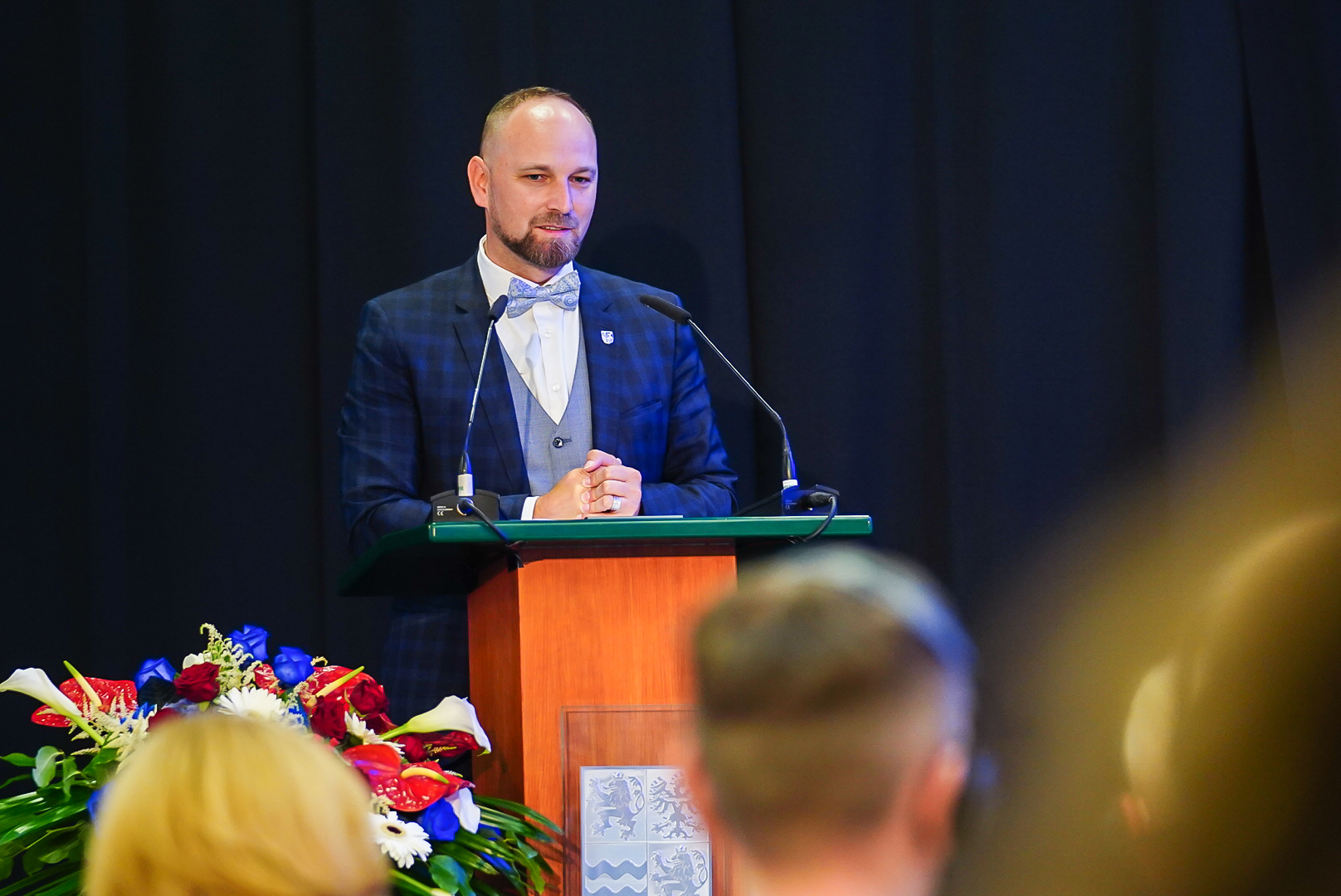The Self- Governing Region of Trnava is a legal entity with right to manage its own assets, property and income. It also guarantees and protects the rights and interests of its citizens. Due to the process of decentralization of the state administration, all Slovak self- governing regions were established as independent local governments, which are not ruled by the central government but by the regional assembly and president of the region. Thanks to this step, citizens gained broader control over public affairs in their region.
The Trnava Region administers its matters independently. The Act on the Self-Governing Regions No. 302/2001 on Administration of the Higher Territorial Units entrusted the Self-Governing Region of Trnava with competences.
On the basis of the Act No. 416/2001 on Conversion of some Competences from State Authorities to Communes and Higher Territorial Units, the Self-Governing Region of Trnava performs also wide array of delegated competences.
Key delegated competences include:
Ground Communications (non-exhaustive list):
- Planning, preparation and construction of roads (2nd and 3rd class) in ownership of self-governing regions according to state conception of highways and priorities of road policy and development of road economy,
- providing information and basic documents concerning planning, preparation and construction of roads in its ownership for the purposes of cost free creation of state conception of highways and roads to the Ministry of Transport, Posts and Communications of the Slovak Republic (Ministry),
- providing summation of road transport in its ownership during period of state summation, in its own name and own costs,
- providing information concerning road passability to the Ministry,
- providing constructional and technical equipment for roads in its ownership, etc.
Social Care (non-exhaustive list):
- Providing social care in organizations of social services [social care house for children with weekly social services, social care house for adults with yearly and weekly social services, institutions of protective accommodation, shelter for lonely parents, nursing care institutions, rehabilitation centers,
- creation and publication of social service conception, conception of social prevention as well as social consultation in its area,
- making agreements concerning payments for provided social service provided by organizations of social services founded by region as its organization unit
- administering register of institutions
- control of quality of provided social service or social consultation, of social prevention or selected activities of social defense, etc.
Health Care (non-exhaustive list):
- Foundation of health centers and hospitals with health centers ( II. category)
- administering register of health care institutions
- issuing of allowances for providing of health care in these non-state health care institutions:
- hospital premises, including stations of pharmacy services of first aid and
hospital premises in the institutions of social services
- dialysis center
- health center
- independent arrangement of common examination and health care processes
- hospitals of I. category
- hospitals with health centers ( I. category)
- hospitals with health centers ( II. category)
- sanatorium for long-term patients
- hospice
- psychiatric sanatorium, psychiatric hospital and centers for drug-addicted people, etc.
Education (non-exhaustive list):
- Creation and abrogation of schools and schooling institutions: secondary schools, vocational schools, centers of training education, educational institutions except language schools founded by primary schools, primary art schools, boarding houses, institutions providing school catering, training education, centers of school services, camps in nature,
- appointment and designation of school directors
- administering of schools and schooling institutions founded by self-governing region and providing necessary equipment
- financial control of schools and schooling institutions and their effectiveness of management
- allocation of financial resources to private secondary schools, religious secondary schools and control of management with these financial resources, etc.
Travel and Tourism:
- Coordination realization of concepts and tasks related to development of trade and tourism
- providing basic documents, information, numerical information, analysis and evaluations for state organizations and towns/units
Other transferred competences from state authorities to higher territorial units include the field of :
- railways,
- road transport,
- civil defense,
- territorial planning,
- sport,
- theatre,
- museums and galleries,
- libraries,
- human pharmacy,
- regional development.


